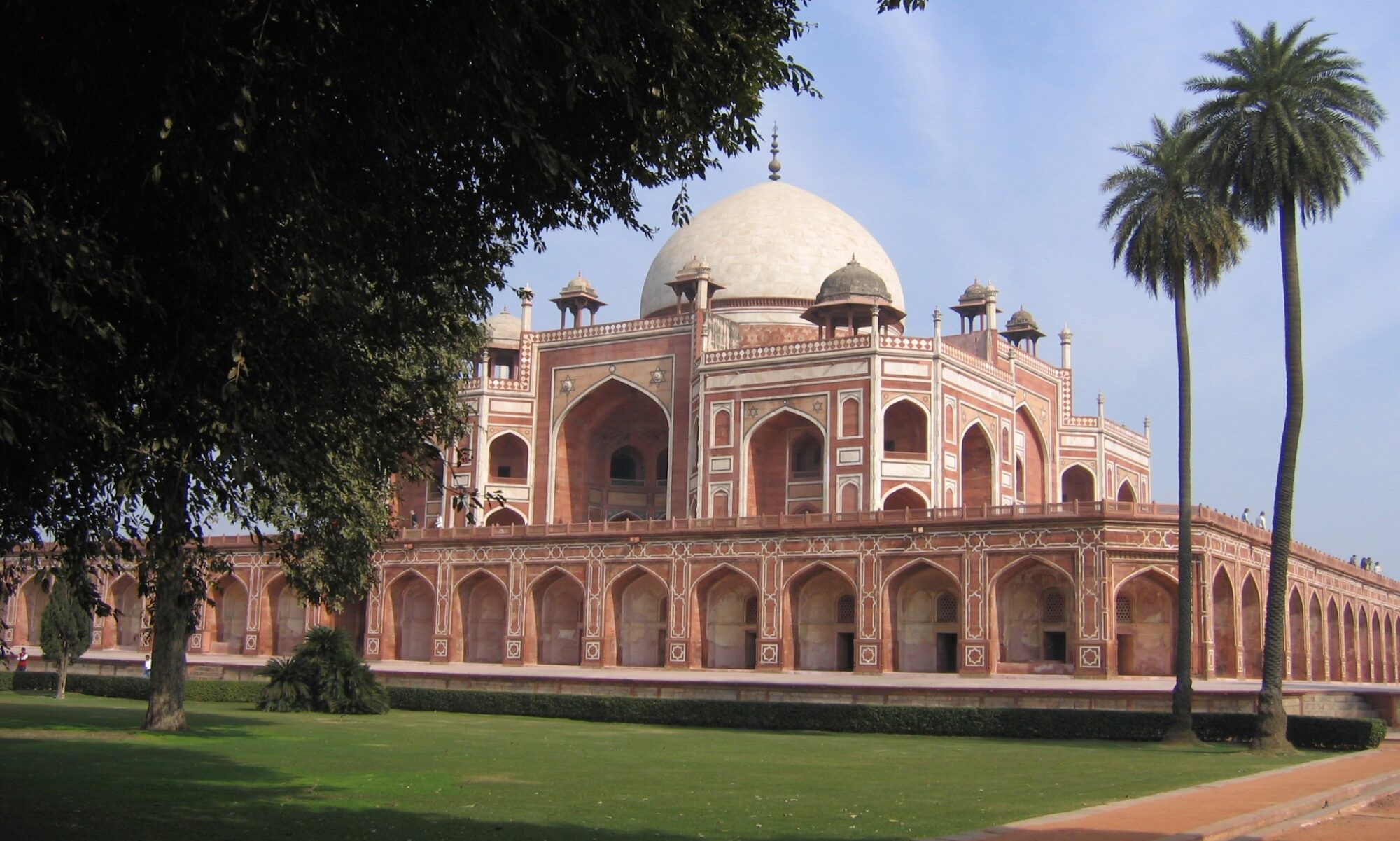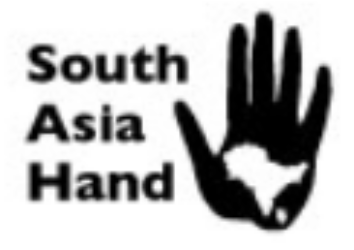 Written by Howard B. Schaffer and published by the Brookings Institution Press in 2009.
Written by Howard B. Schaffer and published by the Brookings Institution Press in 2009.
Before the 1947 partition of India, few Americans knew or cared about the princely state of Jammu and Kashmir. Tucked away in the high western Himalayas, Kashmir, as it was commonly called, was an amalgam of territories widely varied in language, culture, religion, ethnicity, and economic development. Its disparate regions had been cobbled together by the dynastic ambitions of the state’s rulers abetted by British imperial design. In the first half of the nineteenth century, these maharajas,Hindus of the Dogra ethnic group based in the Jammu area of the state, had with British backing created one of the largest states in Britain’s Indian empire. Situated along India’s border with China, touching Afghanistan, and close to the Central Asian regions of Czarist Russia and, later, the Soviet Union, it was also one of the most strategically placed.
To order the book, contact Brookings Institution Press.
Indian edition available from Penguin Viking.


